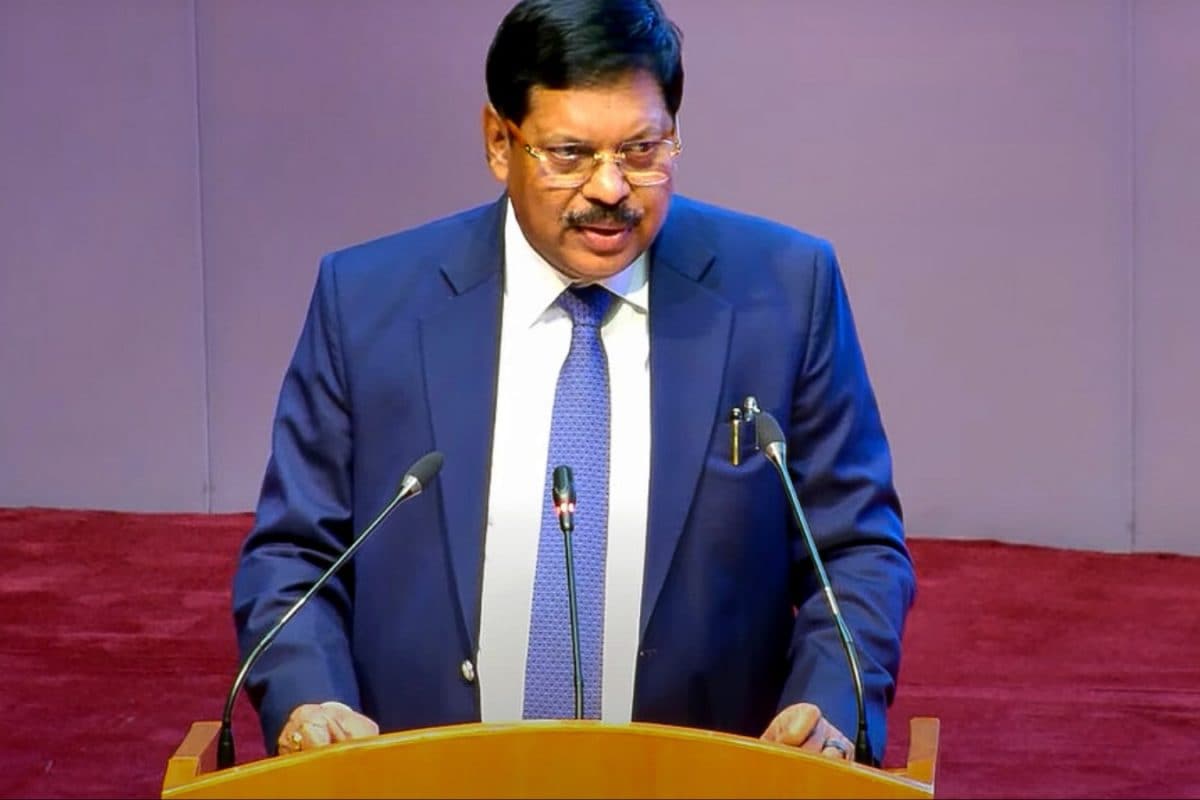

In recent addresses and interactions, Chief Justice of India (CJI) B.R. Gavai has consistently emphasized the paramountcy of the Indian Constitution, clarifying that all three wings of democracy – the executive, legislature, and judiciary – function within its defined parameters. These statements gain significance amidst ongoing discussions about the balance of power between these institutions. Justice Gavai's pronouncements underscore the foundational principle that the Constitution is the supreme law of the land, a doctrine deeply embedded in India's legal and political ethos.
Speaking at a felicitation ceremony in Amravati, Maharashtra, CJI Gavai addressed the frequent debate regarding the supremacy of the executive, legislature, or judiciary. He asserted that the Constitution reigns supreme and that all three branches of government are subservient to it. This declaration aligns with the core tenets of constitutionalism, which posit that governmental authority is derived from and limited by a body of fundamental principles.
Justice Gavai has also highlighted the 'basic structure' doctrine, a judicial principle evolved by the Supreme Court. This doctrine maintains that while the Parliament possesses the power to amend the Constitution, it cannot alter its fundamental structure. The basic structure includes features such as the Constitution's supremacy, the rule of law, and the independence of the judiciary. This doctrine, established in the landmark Kesavananda Bharati case, serves as a safeguard against legislative overreach, ensuring that core constitutional values remain inviolable.
The CJI's emphasis on the Constitution's supremacy is particularly relevant in light of recent discussions concerning the relationship between the judiciary and the Parliament. Statements from political leaders have, at times, alluded to the supremacy of the Parliament, especially concerning legislative matters. In this context, Justice Gavai's remarks serve as a timely reminder that the Constitution provides the framework within which all institutions, including the Parliament, must operate.
Furthermore, Justice Gavai has stressed the importance of mutual respect and cooperation among the three organs of the state. He stated that all constitutional bodies should reciprocate and give due respect to each other, fostering a harmonious working relationship. This collaborative approach is essential for effective governance and for upholding the principles enshrined in the Constitution.
CJI Gavai's commitment to the Constitution extends beyond mere rhetoric. He has, in his judgments, consistently upheld fundamental rights and constitutional values. Notably, he referred to his judgment against "bulldozer justice," underscoring the right to shelter as a fundamental aspect of human dignity and constitutional protection. He has also expressed his intention to expedite hearings on petitions challenging the practice of political parties offering freebies before elections, indicating his resolve to address issues affecting large sections of society.
Moreover, Justice Gavai has voiced his concerns about ensuring representation for women, Scheduled Castes, Scheduled Tribes, and other marginalized sections in the judiciary. While emphasizing that there should be no compromise on quality, he acknowledged the need for inclusivity within the judicial system.
In his public addresses, CJI Gavai has also touched upon the role of judges in safeguarding citizens' rights. He asserted that judges have a duty to act as custodians of constitutional values and principles, making decisions independently, without being swayed by public opinion. He emphasized that a judge's independence isn't solely defined by rulings against the government but by their unwavering commitment to upholding the Constitution and protecting the rights of individuals.
In conclusion, Chief Justice B.R. Gavai's consistent emphasis on the supremacy of the Constitution serves as a crucial reminder of the foundational principles that underpin Indian democracy. His articulation of the 'basic structure' doctrine, his call for mutual respect among the three wings of government, and his commitment to upholding fundamental rights reinforce the notion that the Constitution is the ultimate guide for all institutions and citizens alike.